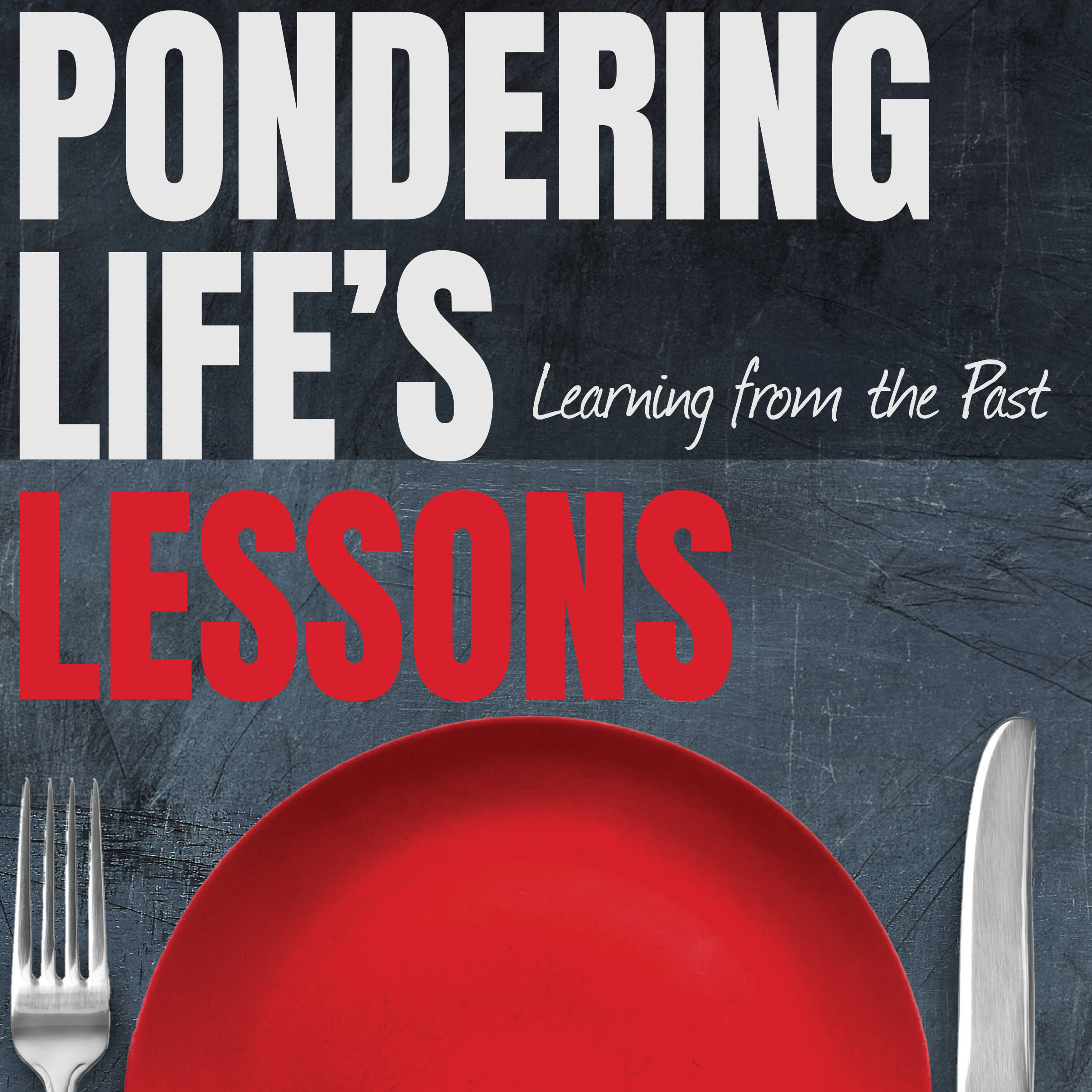I landed my first real job during my junior year of high school. I worked at the National Food Store a few blocks from my house. I didn’t apply for the job, but my high school counselor called me into her office and told me the manager of the store had called looking for possible candidates for a couple of stock boy positions. I lived nearby, so I was one of the two recommendations she thought might be a good fit. If I was interested, she’d help set up an interview. I was, so she did.
I had a variety of jobs prior to being formally hired by National. I collected old newspapers and sold them to the junk yard for a penny a pound, sold gallons of bleach door to door out of my red wagon for twenty-five cents a gallon, delivered the weekly neighborhood shopping guide for a penny a paper, and sold greeting cards out of a kit I received through the mail after ordering it out of my “Boys’ Life” magazine. The job with National provided me with my first contracted wage, $1.15 per hour.
My dad often spoke of his entry into the world of work. After he dropped out of school, he worked on a sand scow with Pa Tebo and was paid ten cents a day to work in the rose green houses in Mt. Clemens, Michigan . After that he worked for the Civilian Conservation Corps (CCC). He was provided with food, clothing, shelter and paid $30 a month. Twenty-five of the $30 was sent home to his parents.
David, Elizabeth and Michael worked while still in high school. They all worked at the Michigan International Speedway in Brooklyn during the racing season. The boys mowed lawns and sealed asphalt driveways for a few summers. Elizabeth worked for a couple of grocery stores as a check-out clerk and did a brief stint at McDonalds. They all earned the minimum wage of $3.25 while being formally employed
During his fifteenth summer, Brady worked as part of the grounds crew for a local golf course. He made $10.00 an hour until he was forced to step down because of family commitments. He recently landed a job as a coffee barista which will provide him with a year-round week-end opportunity to earn money for his new ride.
 When you’re young, having “gas money” is a top priority. Although my dad never owned a car of his own until after World War II, he still needed money when he borrowed a friend’s car for the night. Twenty-five cents could get him through most dates as gas sold for nineteen cents a gallon. When I was making my $1.15, a gallon of gas averaged thirty cents, although I recall almost filling up on $2.00 when it dropped as low as twenty cents.
When you’re young, having “gas money” is a top priority. Although my dad never owned a car of his own until after World War II, he still needed money when he borrowed a friend’s car for the night. Twenty-five cents could get him through most dates as gas sold for nineteen cents a gallon. When I was making my $1.15, a gallon of gas averaged thirty cents, although I recall almost filling up on $2.00 when it dropped as low as twenty cents.
By the time my three were hauling in their three and a quarter an hour, gas averaged $1.14 a gallon. I put most of the gas in the tanks, just as my dad did for me, but they bought their fair share as well.
Now that Brady has a car of his own, he’s responsible for his “recreation” fuel. At $3.25 a gallon, or more, his hourly wage doesn’t go very far. He’s learning the hard way how much it costs to become more independent.
It seems the more things change, the more they stay the same. Each of us is excited when we earn our own money and start paying our own way. It provides a sense of prideful independence we hadn’t known before. Independence brings responsibility and that’s something that’s sometimes difficult to accept.
We Tebos have made our own way for several generations. That’s a point of pride with me and something I believe will continue for several more.

